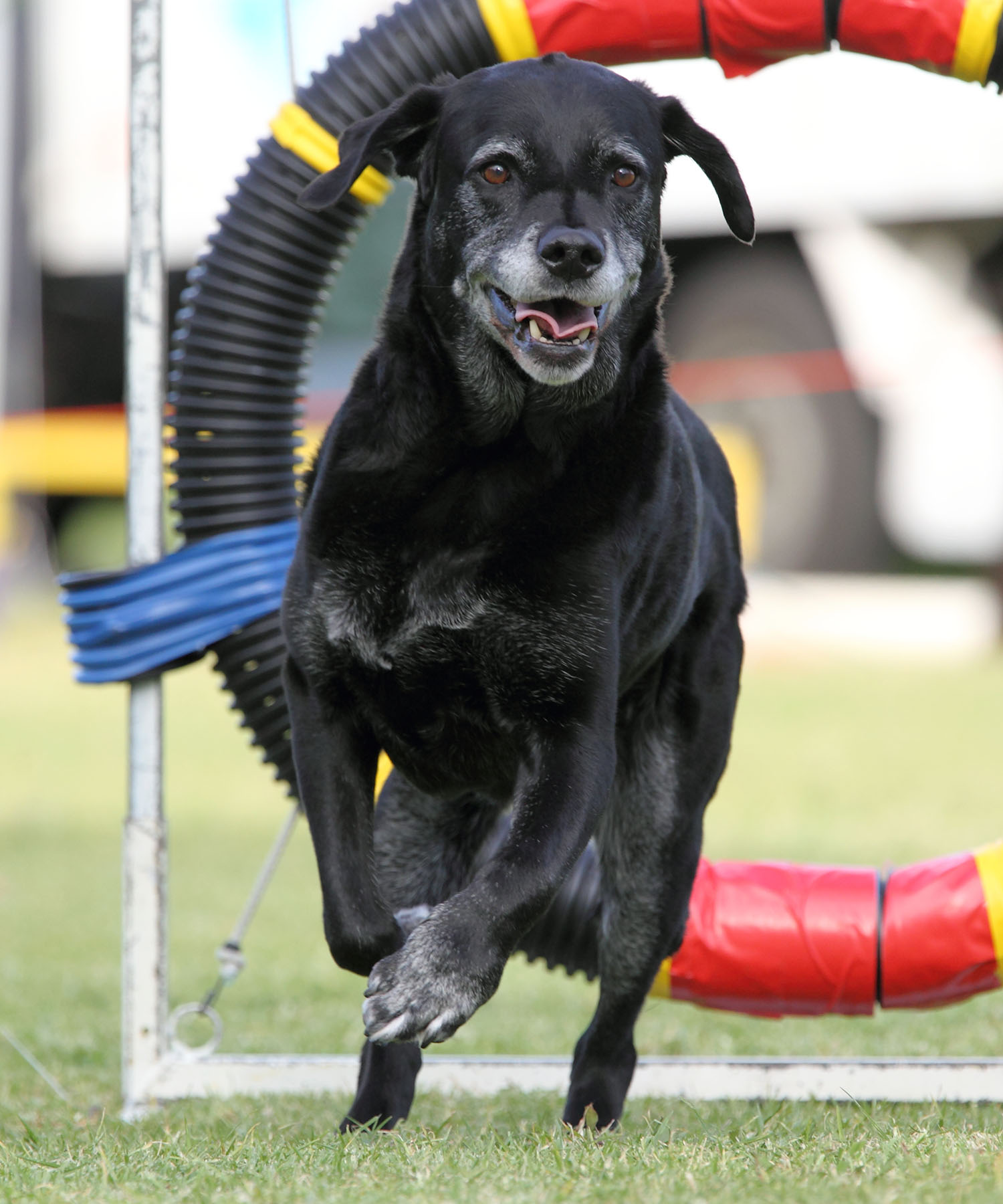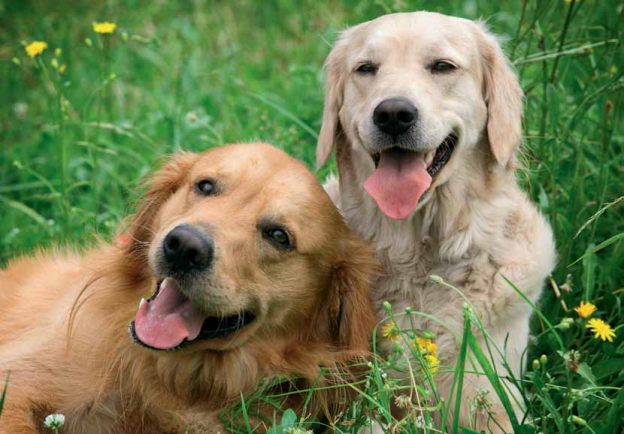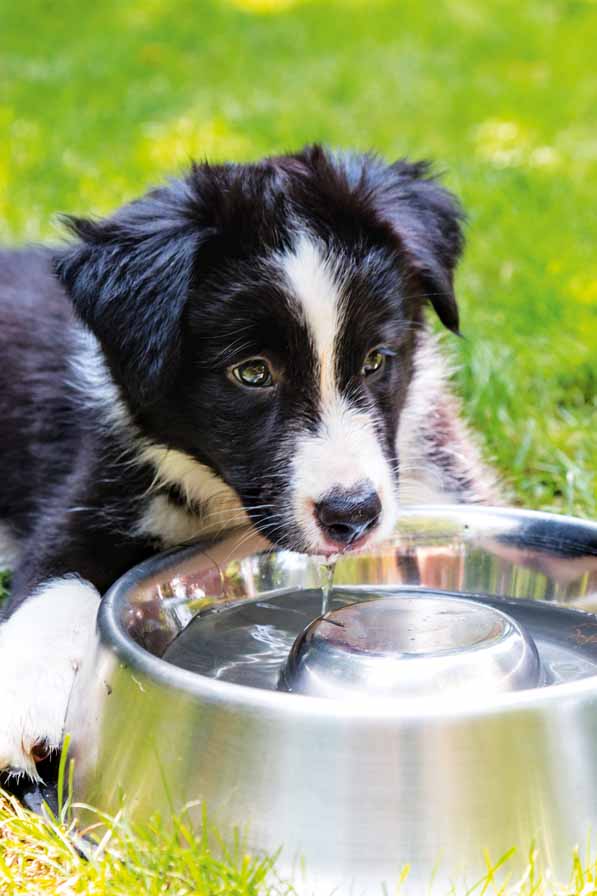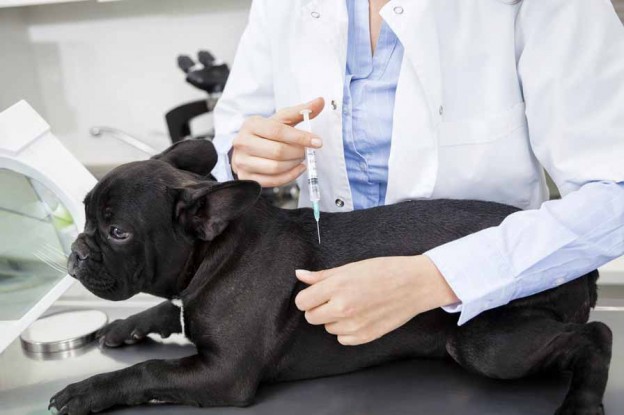
Michele Tydd discovers how to keep your ageing canine in tip-top shape with our guide to senior dog health.
It is generally accepted that dogs across all breeds are living longer these days mainly due to improvements in veterinary care and technology, as well as foods scientifically formulated for ageing pets.
Dr Adam Sternberg from Greencross Vets at Brookvale says pro-active owners can ward off age-related problems and extend their pets’ lives by ensuring they have check-ups two to four times a year rather than react to diseases when they occur.
Dr Sternberg says the smaller breeds tend to have best chances for living longer partly due to the fact they tend to have less joint and bone problems compared with larger dogs.
He says while nutrition is important, maintaining a healthy weight is vital.
“Excessive weight in animals leads to the same health issues as in humans such as diabetes, joint problems, difficulty exercising, jumping and running,” he says.
“Some overweight patients have difficulty in breathing with the excess fat over the throat and generally over the body. Some have difficulties in grooming themselves and may be prone to conditions such as urinary tract infections.”
Dr Sternberg says dental care is also important for good health and longevity.
“Preventative dental care promotes good teeth, and there is less chance of teeth removal and cleaning which needs to be done under anaesthesia,” he says.
“Bad and rotten teeth are very painful and contribute to bad health.”
“Comparisons have been made in dogs and cats with bad teeth and the progression of heart, liver, kidney and lung disease. All can potentially cause ill health and death if not recognised and treated.”
Case study: Tubby
Tubby the Maltese terrier-cross got off to a shaky start in life but she has gone on to be an almost indestructible soul mate to her owner, Tracey Walsh.
Walsh, 41, from Eltham in Victoria, rescued Tubby as a pup 23 years ago from a breeder who was about to put her down because he didn’t think she measured up to market standards.
“I was only 18 and wanted a mate for my first dog Tuca, and Tubby stole my heart when we visited the breeder,” says Walsh.
“She has been through every major event in my adult life, through relationship break-ups, the death of my grandmother and the birth of my son Noah, now three.
“She is my little miracle in that she’s survived three tumours, three serious car accidents, and the loss of her mate Tuca six years ago.”
The lifespan of a Maltese terrier is about 12-17 years and Walsh has been bracing for the death of her treasured dog for the past five winters.
“I keep saying ‘this will be our last winter Tubby’ and somehow she pulls through,” says Walsh.
Tubby is 90 per cent blind and totally deaf, but there are days when Walsh says she is playful and pup-like.
Walsh puts Tubby’s longevity down to genes and a loving, nurturing environment.
“We have two younger dogs now that annoy Tubby, but they still show her the respect she deserves,” says Walsh.
“Even my three-year-old knows he has to be gentle and considerate while playing with Tubby.”
But there are reminders that time now is short.
“Arthritis has only just started to kick in which is causing her to limp on cold days, which is breaking my heart,” says Walsh.
“I’m aware our time together now is precious.”
Weight control tips
- Avoid giving your dog too many table scraps like rice, pasta, bread and potatoes which are very high in carbs and starch
- If they are not exercising, feed less. If the calories are not burned and they are fed the same amount, their weight will increase
Signs of dental problems
- Bad breath
- Change in eating or dog chewing habits
- Pawing at face or mouth
- Excessive drooling
- Red, swollen or bleeding gums
- Yellowish-brown tartar crust along the gum line
DID YOU KNOW?
An Australian cattle dog named Bluey holds the world record for the oldest dog at 29 years and five months. Owner Les Hall got Bluey as a pup in 1910 and worked him for 20 years before he was put to sleep on November 14, 1939.
Canine massage
Physiotherapist Helen Nicholson, who holds a PhD in canine massage, has spent the past 15 years helping many elderly dogs regain their zest for life.
As dogs age, they are no different to humans in that they lose muscle bulk and tone.
Dr Nicholson says she normally takes a two-pronged approach to help older dogs with not only massage but also an exercise program, both of which help to restore blood flow to the muscles and joints.
“Getting the blood moving with massage has the added benefit of delivering supplements like glucosamine and fish oil to the joints,” she says.
“And of course it feels good because dogs don’t lie,” she says with a smile.
Dr Nicholson works in conjunction with many vets who sometimes refer pet owners to her as a last resort for their animals who are living with debilitating or unrelenting pain.
“I recently treated a 12-year-old dog named Maddie who was not ageing well with chronic arthritis,” says Dr Nicholson.
“Afterwards, her owner sent me an email that said ‘we went from feeling distressed and out of our depth and not really sure what to do for our lovely dog, to feeling well-guided to support her, so a big thank you from us’.”
Dr Nicholson says she does not offer a fountain of youth, but massage and exercise can ease pain for older dogs and the benefits can continue if owners follow some simple techniques at home.
They can be found at myapp.is/DogMassage







